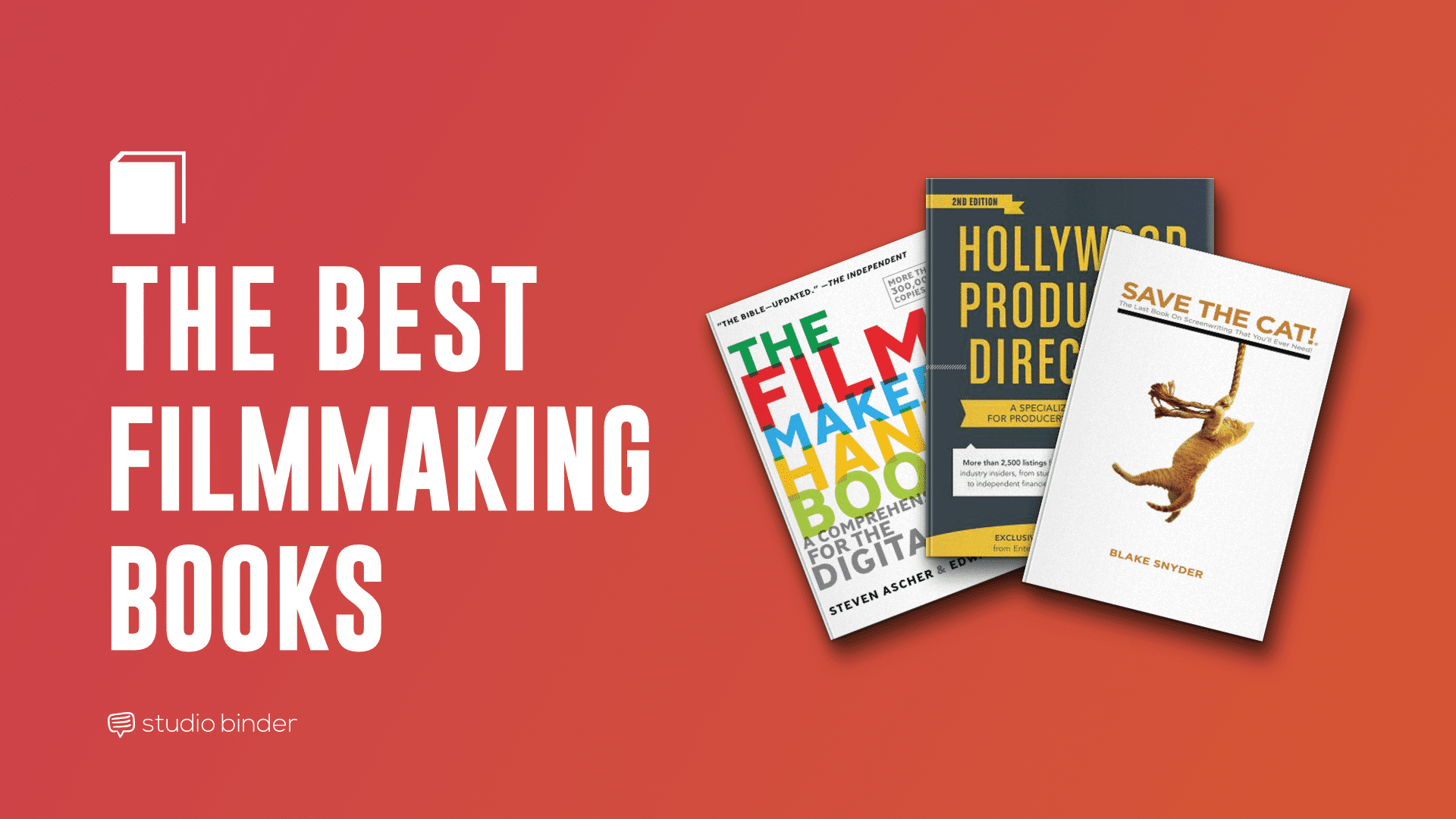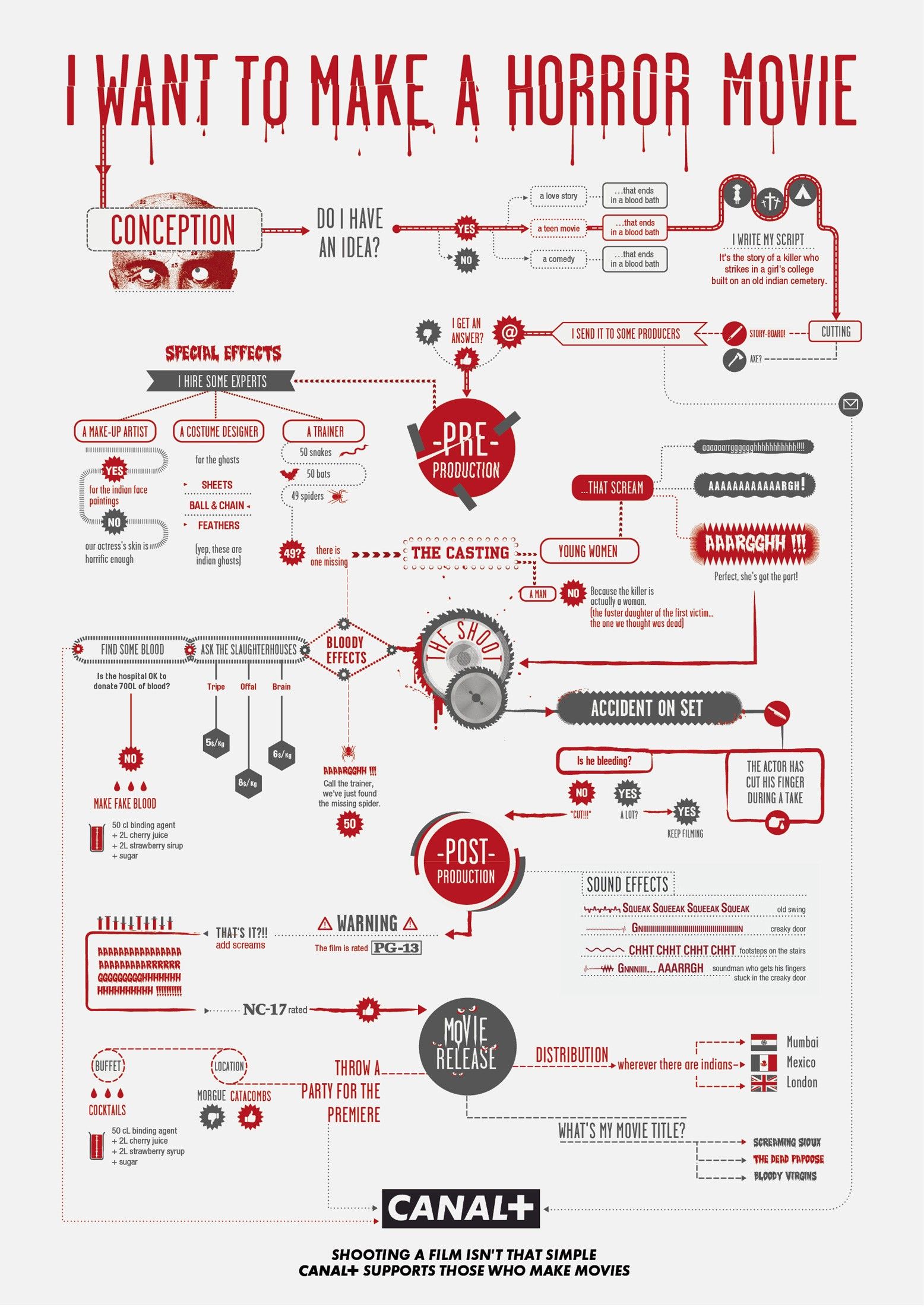Let me tell you something, friend. If you're dreaming of making it big in the film world, you're gonna need more than just a great idea. You're gonna need rules. Yes, rules. And not just any rules—4 movie rules that could change the game for you. These aren't just tips; they're the blueprint for success in filmmaking. So, buckle up and let's dive right in, shall we?
Now, I know what you're thinking. "Rules? Isn't filmmaking all about breaking boundaries and being creative?" Sure, it is. But guess what? Even the biggest filmmakers out there follow certain guidelines to keep their work sharp and impactful. These rules aren't there to stifle your creativity; they're here to enhance it. So, whether you're a newbie filmmaker or someone who's been at it for a while, these rules are your ultimate guide to success.
And hey, if you're wondering why these rules matter so much, let me put it this way: they’re the difference between making a movie that flops and one that gets people talking. So, are you ready to take your filmmaking journey to the next level? Let's get into it.
- Gal Gadot Diddy Truth Behind The Rumors Separating Fact From Fiction
- Miu Shiromine Bio Facts Your Ultimate Guide To The Rising Star
Rule #1: Story is King (Even in the Age of Special Effects)
You might be dazzled by all the fancy special effects out there, but guess what? At the end of the day, it's all about the story. A great story can make or break your film. If your audience isn't emotionally invested in your characters and their journey, all the explosions in the world won't save you.
So, how do you craft a compelling story? Start with strong characters. Give them goals, flaws, and growth. Then, create a plot that keeps your audience on the edge of their seats. And don't forget the dialogue—make it snappy and authentic. Remember, the best stories resonate with people on a personal level. They make you feel something.
Why Story Matters More Than Ever
In today's world, where streaming platforms are flooded with content, standing out is harder than ever. A solid story is your ticket to grabbing and holding onto your audience's attention. It's what keeps them coming back for more. Here are some key points to keep in mind:
- Alyx Star Movies Bio Everything You Need To Know About The Rising Star
- Unveiling Girthmaster Mia Z Your Ultimate Guide To The Duo
- Your story should have a clear beginning, middle, and end.
- Conflict is king. Without it, your story falls flat.
- Make sure your characters have arcs. Growth is essential.
Rule #2: Know Your Audience (And Cater to Them)
Here's the thing: you can make the most beautiful film in the world, but if it doesn't resonate with your audience, it's all for nothing. Knowing your audience is crucial. Are you making a horror film? A romantic comedy? A sci-fi epic? Each genre has its own set of expectations, and you need to meet them.
But wait, there's more. Understanding your audience goes beyond just knowing their favorite genre. It's about understanding their values, their fears, and their dreams. It's about creating something that speaks to them on a deeper level. And let's not forget—different audiences have different needs. What works for a family audience might not work for a teenage crowd.
Tips for Understanding Your Audience
So, how do you get to know your audience better? Here are a few ideas:
- Study market trends. What's popular right now?
- Engage with your audience on social media. Listen to what they're saying.
- Test your ideas. Show your work to a focus group and see how they react.
Rule #3: Less is More (The Power of Minimalism)
Now, I know what you're thinking. "How can less be more? Isn't more always better?" Well, not necessarily. Sometimes, the simplest ideas are the most powerful. Think about it. Some of the most iconic films in history have been incredibly simple in their execution. Minimalism can be a powerful tool in your filmmaking arsenal.
Minimalism doesn't mean cutting corners. It means focusing on what truly matters. It means stripping away the unnecessary and leaving only the essence. This approach can make your film more impactful and memorable. It can also save you time and money, which is always a plus.
How to Apply Minimalism in Filmmaking
Here are a few ways you can embrace minimalism in your films:
- Focus on strong visuals. A single shot can say more than a thousand words.
- Use silence effectively. Sometimes, the absence of sound can be more powerful than any dialogue.
- Keep your cast small. Fewer characters can mean more depth and development.
Rule #4: Collaborate, Don't Dictate (The Importance of Teamwork)
Let's face it. Filmmaking is a team sport. You can't do it all by yourself. The best films are the result of collaboration between talented individuals who bring their unique perspectives to the table. As a filmmaker, your job isn't to dictate every little detail. It's to create an environment where creativity can flourish.
But collaboration isn't just about letting everyone have their say. It's about finding the right balance. You need to trust your team, but you also need to guide them. It's a delicate dance, but when it works, it's magic.
Building a Strong Team
So, how do you build a team that works well together? Here are a few tips:
- Hire people who share your vision but bring their own unique skills to the table.
- Encourage open communication. Make sure everyone feels comfortable sharing their ideas.
- Lead by example. Show your team that you're willing to put in the work and be flexible.
Understanding the Film Industry (A Quick Overview)
Before we dive deeper into these rules, let's take a moment to understand the film industry itself. It's a complex world filled with opportunities and challenges. Knowing how it works can help you navigate it more effectively.
The film industry is constantly evolving. New technologies are emerging, and audience preferences are shifting. To succeed, you need to stay informed and adapt. Whether you're working in Hollywood or independent cinema, the principles remain the same. It's all about telling great stories and connecting with your audience.
Key Players in the Film Industry
Here's a quick look at some of the key players you'll encounter in the film industry:
- Producers: They oversee the entire production process and ensure everything runs smoothly.
- Directors: They bring the vision to life and guide the creative team.
- Screenwriters: They craft the story and dialogue.
- Editors: They piece everything together in post-production.
Common Mistakes to Avoid in Filmmaking
Now that we've covered the rules, let's talk about some common mistakes filmmakers make. Avoiding these pitfalls can save you a lot of headaches down the line.
One of the biggest mistakes is trying to do everything yourself. Remember, filmmaking is a team effort. Another common mistake is ignoring feedback. Constructive criticism can help you improve your work, so don't be afraid to listen to it.
Avoiding Pitfalls in Filmmaking
Here are a few more mistakes to watch out for:
- Overusing special effects. They can be cool, but they shouldn't overshadow the story.
- Ignoring the budget. Staying within your means is crucial for a successful project.
- Not testing your film. Show it to others before releasing it to the public.
Tools and Resources for Filmmakers
Alright, let's talk about tools and resources. There are so many amazing tools out there that can help you in your filmmaking journey. From editing software to online courses, the options are endless.
Some of the best tools for filmmakers include Adobe Premiere Pro, Final Cut Pro, and DaVinci Resolve. These programs can help you edit your footage like a pro. And if you're looking to learn more, there are tons of online courses and tutorials available. Platforms like Udemy and Skillshare offer a wide range of options.
Top Tools for Filmmakers
Here are a few tools that can take your filmmaking to the next level:
- Adobe Premiere Pro: A powerful editing tool used by professionals.
- DaVinci Resolve: Great for color correction and advanced editing.
- Udemy: Offers a variety of courses on filmmaking and related topics.
Conclusion: Are You Ready to Make Your Mark?
So, there you have it. The 4 movie rules that can guide you to filmmaking success. Remember, it's all about the story, knowing your audience, embracing minimalism, and collaborating effectively. These rules aren't just guidelines; they're your keys to unlocking your potential as a filmmaker.
Now, it's your turn. Are you ready to take what you've learned and apply it to your own projects? Don't be afraid to experiment and find your own style. And remember, the film industry is always changing, so stay curious and keep learning.
Before you go, I want to leave you with one final thought: the best films are the ones that leave a lasting impression. So, go out there and make something unforgettable. And don't forget to share your journey with the world. We'd love to hear about your experiences in the comments below!
Table of Contents
- Rule #1: Story is King (Even in the Age of Special Effects)
- Rule #2: Know Your Audience (And Cater to Them)
- Rule #3: Less is More (The Power of Minimalism)
- Rule #4: Collaborate, Don't Dictate (The Importance of Teamwork)
- Understanding the Film Industry (A Quick Overview)
- Common Mistakes to Avoid in Filmmaking
- Tools and Resources for Filmmakers
- Conclusion: Are You Ready to Make Your Mark?
- Kannada Movies 2023 Releases Reviews And Where To Watch Your Ultimate Guide
- Movie Rules Rules 2025 Kannada The Ultimate Guide To Whatrsquos Trending And Why You Should Care


